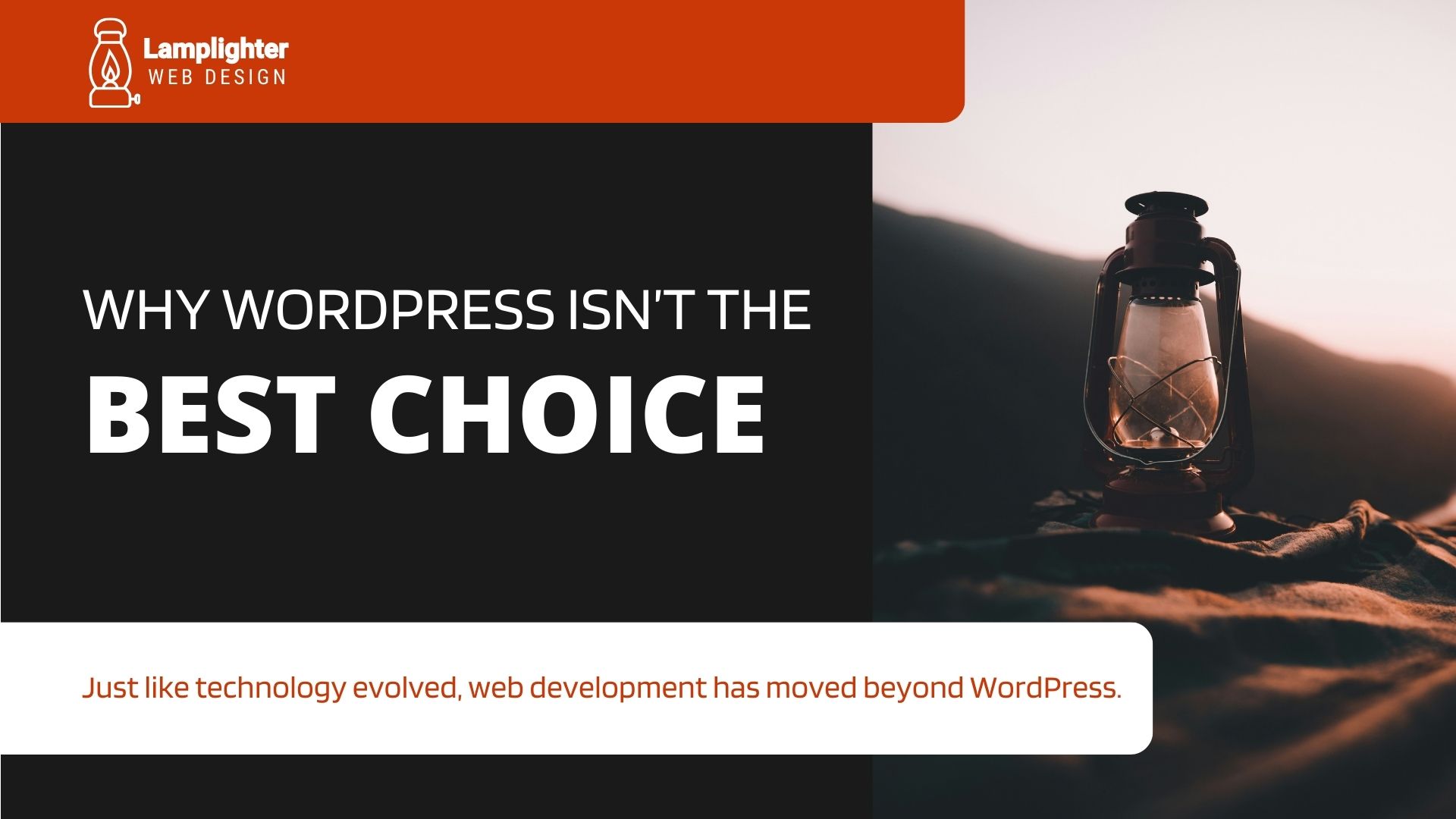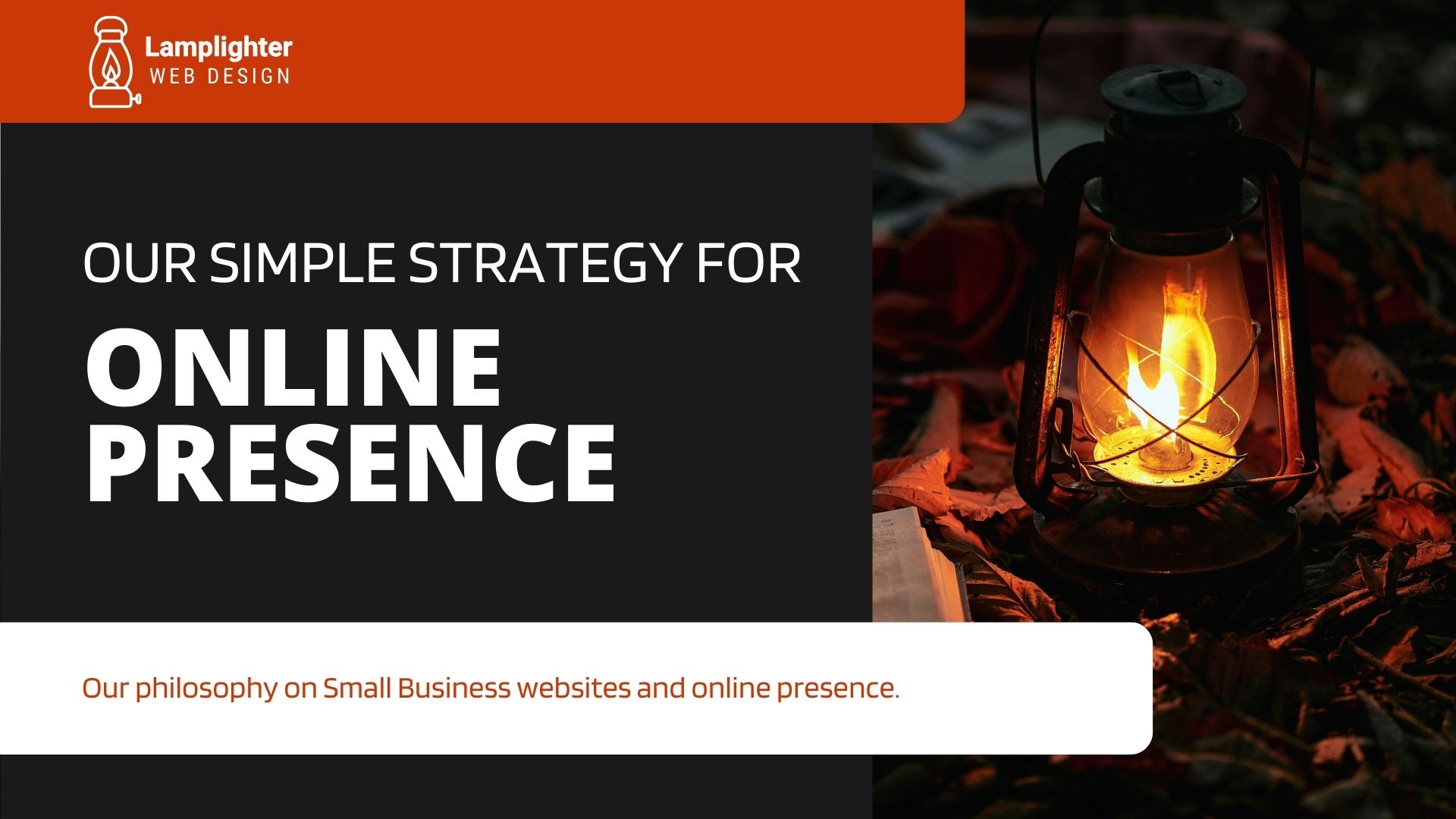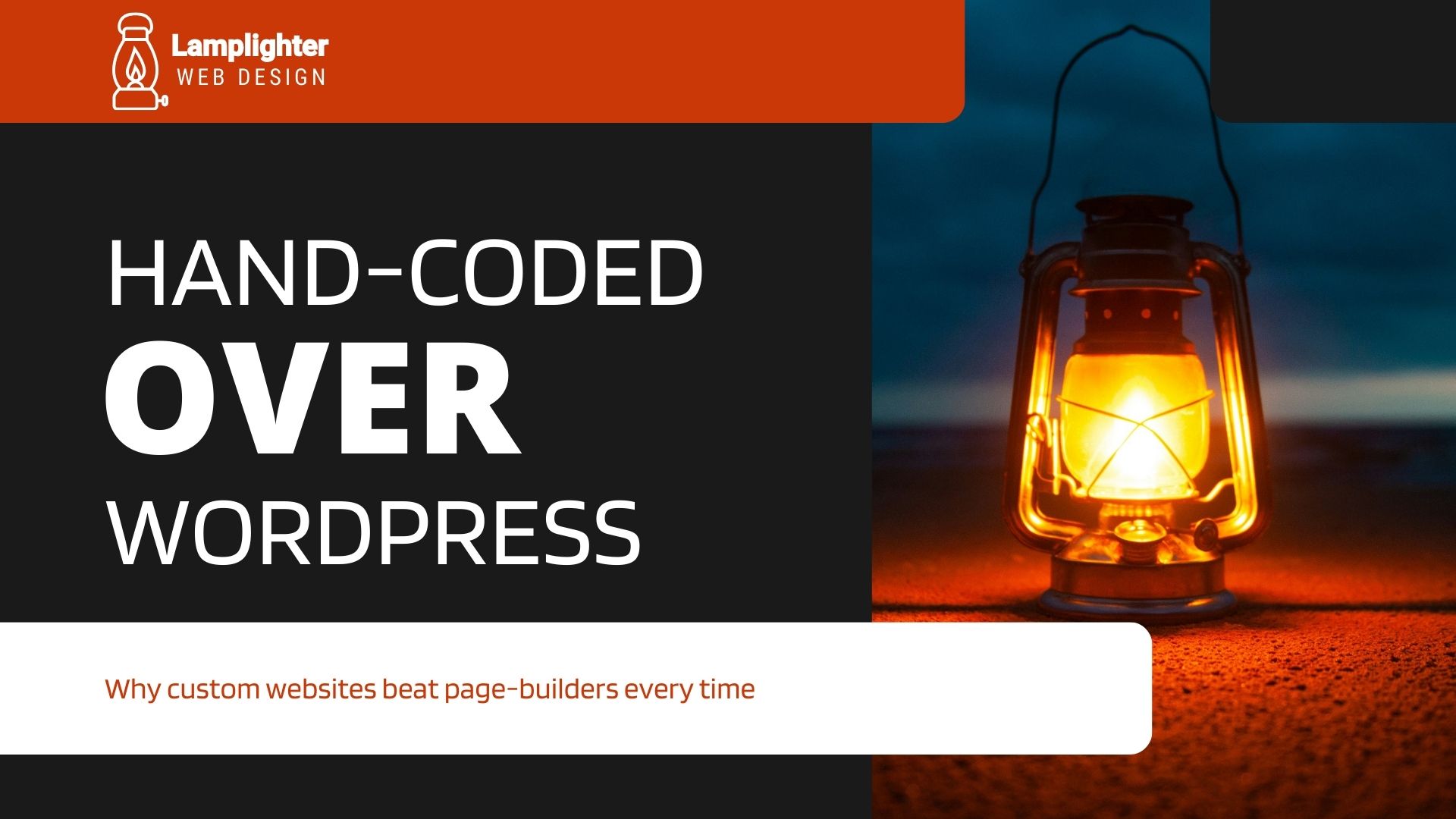
Why WordPress Was Great But No Longer the Best Choice for Modern Websites
When WordPress launched in 2003, it revolutionized web development. For the first time, small business owners could create and manage their own websites without needing to learn code or hire expensive developers. It was affordable, accessible, and democratized web publishing in ways we'd never seen before. But just like flip phones gave way to smartphones, technology evolves and WordPress's time as the go-to solution has passed.
WordPress's Golden Era: Why It Made Perfect Sense
Let's give credit where it's due. WordPress solved real problems when it first emerged:
Accessibility for Non-Developers Before WordPress, creating a website required hiring a developer or learning HTML, CSS, and often server management. WordPress changed that by offering a user-friendly interface that anyone could navigate.
Cost-Effective Solution For small businesses operating on tight budgets, WordPress provided an affordable alternative to expensive custom development. The platform itself was free, and even with hosting and themes, businesses could get online for under $200 per year.
Vast Ecosystem WordPress's plugin architecture meant you could add almost any functionality imaginable. Need an online store? There's a plugin. Want to integrate social media? Another plugin. This extensibility made WordPress incredibly versatile.
Community Support With millions of users worldwide, WordPress developed a massive community. Finding tutorials, troubleshooting help, or developers became relatively easy.
The Technology Evolution That Changed Everything
But here's what happened: while WordPress remained largely the same, the digital landscape transformed dramatically around it.
Mobile-First Became Essential When WordPress launched, mobile browsing was negligible. Today, over 60% of web traffic comes from mobile devices. WordPress's desktop-first architecture struggles to deliver the lightning-fast mobile experiences users now expect.
Speed Became Critical Google's algorithm updates have made page speed a crucial ranking factor. Studies now show that 50% of users abandon sites that take more than 3 seconds to load. WordPress's database-driven architecture, combined with plugins and themes, often results in bloated code that simply can't compete with modern alternatives.
Security Threats Multiplied As WordPress gained popularity, it became a prime target for hackers. The platform's reliance on plugins (often developed by third parties with varying security standards) created numerous vulnerabilities. Keeping WordPress secure now requires constant vigilance and updates.
User Expectations Soared Modern consumers expect websites to load instantly, look perfect on any device, and provide seamless experiences. WordPress's plugin-heavy approach often delivers the opposite: slow-loading, clunky sites that frustrate users.
Maintenance Burden What started as a "set it and forget it" solution has become a maintenance nightmare. Regular updates can break functionality, plugins conflict with each other, and the responsibility for keeping everything working falls on business owners who just want to focus on their business.
Hidden Costs While WordPress itself is free, the true costs add up quickly: premium themes, essential plugins, security services, backup solutions, and the time needed for maintenance. Many businesses end up spending more on WordPress than they would on modern alternatives. We wrote another blog about this specific issue with more detail here.
The Better Path Forward: Custom-Coded Excellence
Just as technology evolved from dial-up to fiber internet, web development has evolved beyond WordPress. Modern custom-coded websites address every limitation that makes WordPress obsolete:
Blazing Speed Hand-coded sites load in milliseconds, not seconds. Without databases to query or plugins to load, these sites deliver the instant performance modern users expect and Google rewards.
Bulletproof Security With no databases to hack and no plugins to exploit, hand-coded sites are virtually impenetrable. They're like having a solid vault instead of a house with dozens of potential entry points.
Zero Maintenance Once deployed, hand-coded sites don't need updates, plugin compatibility checks, or security patches. They just work, year after year.
Perfect Mobile Performance Built with a mobile-first approach, these sites deliver flawless experiences across all devices, exactly what today's mobile-dominant world requires.
Making the Smart Business Decision
The transition from WordPress to modern solutions mirrors countless technology shifts we've witnessed. Companies that recognized the iPhone would make BlackBerry obsolete thrived. Those that clung to old solutions struggled.
WordPress was a revolutionary platform that served millions of businesses well during its era. But just as we wouldn't run a modern business on Windows 95 or connect to the internet via dial-up, continuing to build new websites on WordPress in 2025 means accepting outdated limitations.
The smart move is embracing the evolution. Lamplighter websites deliver the speed, security, and performance that today's digital landscape demands. They're not just better websites, they're better business investments.
Technology evolution isn't about discarding the past; it's about recognizing when superior solutions emerge and having the wisdom to adopt them. WordPress had its moment in the sun, and it was brilliant. But that moment has passed, and the future belongs to faster, more secure, more affordable, and more efficient solutions.
Your business deserves a website built for today's world, not yesterday's limitations. The question isn't whether to evolve, it's whether you'll lead the change or get left behind.
-
Ready to future-proof your business with a lightning-fast, custom website? Contact me today to transform your online presence and drive real results for your business.
Text: (719) 357-8727
Email: joe@lamplighterwebdesign.com





